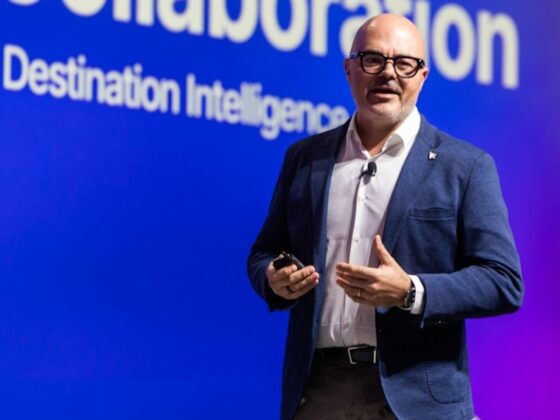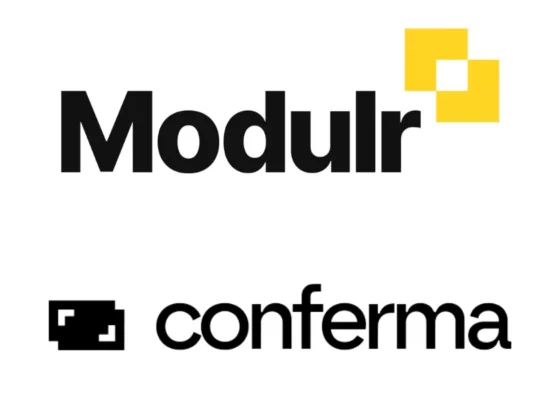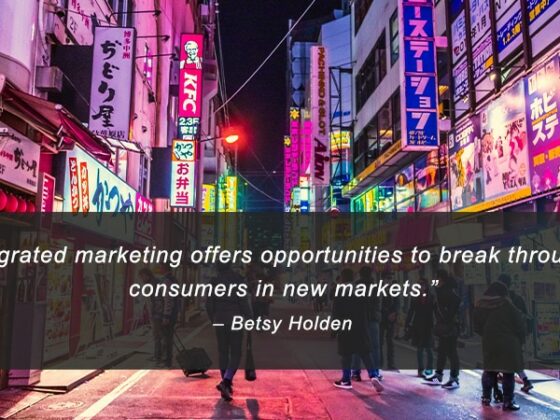Josiah: Jake, welcome to the show!
Jake: Thank you for having me. I appreciate what you’re doing for the industry and your passion for the industry as well.
Josiah: Maybe to kick us off, I want to hear from your perspective, why do you spend so much time educating people in the industry about investing, about hospitality? It feels like every single day, actually multiple times throughout the day, you’re posting to social media, you’re running a podcast, episodes are constantly coming out, you have an educational course. You spend so much time on this, and you’re CEO of multiple companies. Why invest so much in education?
Jake: My view is great companies are a result of great teams and great players and the assembly of really good people that want to work on something together. And through that, I have an abundance mindset. I’ve always taken the approach with my peers and colleagues in business that I’m going to share a little bit more, maybe too much in some instances, but my hope is that others will get value from that. And in return, I’ll also get value. And on the off chance, like the very off chance that someone wants to screw me, well, I’m just not going to be friends with you anymore. And I’ll just remember that. But one interaction with one person that’s negative is not going to impact my life, but there are so many positive interactions that will affect my life. And in business and investing, I think about asymmetrical risk reward. The risk of having a negative experience is so low. or interaction with someone is, but the reward could be so high that for me, it makes a lot of sense. So getting out there and doing some educational stuff, some posts is really great because it feels good, but it expands my network. And in real estate, relationships are everything. So in addition to helping others, it’s also helping me because I’m growing my relationship. I’m growing my influence. I’m growing an audience that will potentially come back in the form of deals, investors, opportunities, friendships, and learning. I started this podcast and I joke with people because I consume my own podcast. I’ve learned so much from the podcast by like talking to these really smart people and impacting my own companies that I’m sure it’s helped other people, but it’s mostly helped me.
Josiah: I love that. We’ll make sure to link to that in the show notes. And I want to talk a little bit about educating around investment specifically, because I didn’t come from a background of this world. I really knew nothing about it. I ended up working for a company called Juniper Square, where I was working with investment managers across the country. One of those people was someone we both know, Chris Powers at Fort Capital. He has launched the Fort podcast, which you’ve been a guest on. I can also link to that in the notes. But as me and my team were working with him and his teams kind of through the pandemic, I noticed he was really focusing on educating people on what investment management is. From my outsider’s view, I thought if you’re talking about investment, it’s about making a lot of money. But no, it’s like, okay, here’s the logistics, right? It’s been so exciting to see you do this in the world of hospitality, which I think is an incredible space, you know, such that when it came time for me to I’ve always wanted to become an investor. DoveHill was my first call. And so I’m really excited to kind of participate with you and in some of this. But I’m curious, why help people on investment specifically? Why are you trying to educate people in this area of hospitality?
Jake: Well, let’s take a step back. One of the coolest things about investing in hospitality is everyone could be an expert. And whether they’re an expert or some with knowledge, they have knowledge because they’ve been to a hotel, they’ve experienced a hotel. And what’s unique about hotel investing is you can actually go inside of a hotel that you’re considering investing in. You can spend the night there, see how it is, develop your own opinions, see where the opportunities are. And in other real estate asset classes, you can’t like spend the night in an industrial building. Maybe you can drive through on the parking lot, but it’s not that same experience. So I think hospitality is very unique from that standpoint, and I also think it combines the benefits of an operating business and a real estate business in one, which is why it’s so appealing to a lot of investors, but it’s very, very complicated. So part of the reason why I wanted to educate people is because it’s so complicated, and it’s just now starting to be much more institutionalized, but one of the things that excites me is actually bringing it not to private equity firms because those guys know about it, but it’s like direct to consumer going right to my investors and cutting out those middleman allocators. We work with the biggest private equity firms out there, but I also raise capital from family offices and high-net-worth investors. And the more that we can educate people the more opportunities I think we will find in our own business and the more potential opportunities I can create for others. And I also think it’s important to enlighten people where my experience might save them. And you see a lot of stuff on Twitter, on the internet where people with less experience than I have, or the people that I’ve learned have, and maybe I can share with them an insight that might help them. It might make the deal better. It might make them pass on a deal. And to me, that’s really gratifying because when I was coming up in my career, I had to really find those relationships. It wasn’t like you can just go on Twitter or somewhere and find them. Now you have to be selective who you follow. But I had to really work hard and to get those relationships. And I think other people should get real life relationships too. And you can find those relationships online and learn from people online. But that is how I’ve learned the most in my career. I didn’t go to Cornell where a lot of hotel people learn about hospitality, and it’s a fabulous school, but the biggest impact has always been learning from my peers and people that I looked up to and respected, and not everyone always has access to people in those positions, and it’s nice to be able to provide that if I can.
Josiah: I’m going to link it in the show notes to some of our past conversations about this because you talked about going to that peer group at critical moments throughout your career. So things like the pandemic hits, right? It’s a whole new world, a whole new landscape. You’re talking with other CEOs of how do we navigate this. So you worked really hard to build those relationships. You had that private discussion going, but then you decide to launch Masters of Moments, right? The podcast. It’s cool to see you not only kind of wanted to do that to educate people, but you’re having fun learning as well. I’m curious, what was unique to the podcast in that format where it sounds like you are very engaged and I kind of hear this as a listener. What have you learned or surprised you doing the podcast specifically?
Jake: how amazing so many people actually are and how impressive people in my network are or related to my network. Like how impressive the people are that I can get access to, whether it’s directly or indirectly through one other person. And it is amazing, regardless of the business, regardless of the focus area, how many high-quality people are out there. And the different ways that they’ve found success and the different ways that they run their business. But a lot of it all comes back to similar themes. So while there’s a lot of diversity in terms of the guests and the people and their backgrounds, there’s a lot of consistent themes that you’ll also find in some really important business books. And that’s another funny thing. A lot of the same books keep coming up over and over again, like Vern Harnish Scaling Up is one of them that’s been very impactful to me. Traction is another one that’s also been very impactful to me. And those books kind of have come up multiple times on the podcast. And another reason why I like doing the podcast is also because I just get to ask people the real questions that if you were an entrepreneur, if you were a principal in this business, you would want to ask if there was total unfiltered scenario and you could just ask anything. And I put myself in that position where I could just ask whatever question and nine times out of 10, they answer it. It’s great.
Josiah: I’ll link to the podcast, really encourage people to head over there. If you’re listening to this, open up your podcast player, search for Masters of Moments, subscribe. There’s such a back library of great conversations. I feel like you’re always coming out with fresh ones. It’s really exciting to see.






